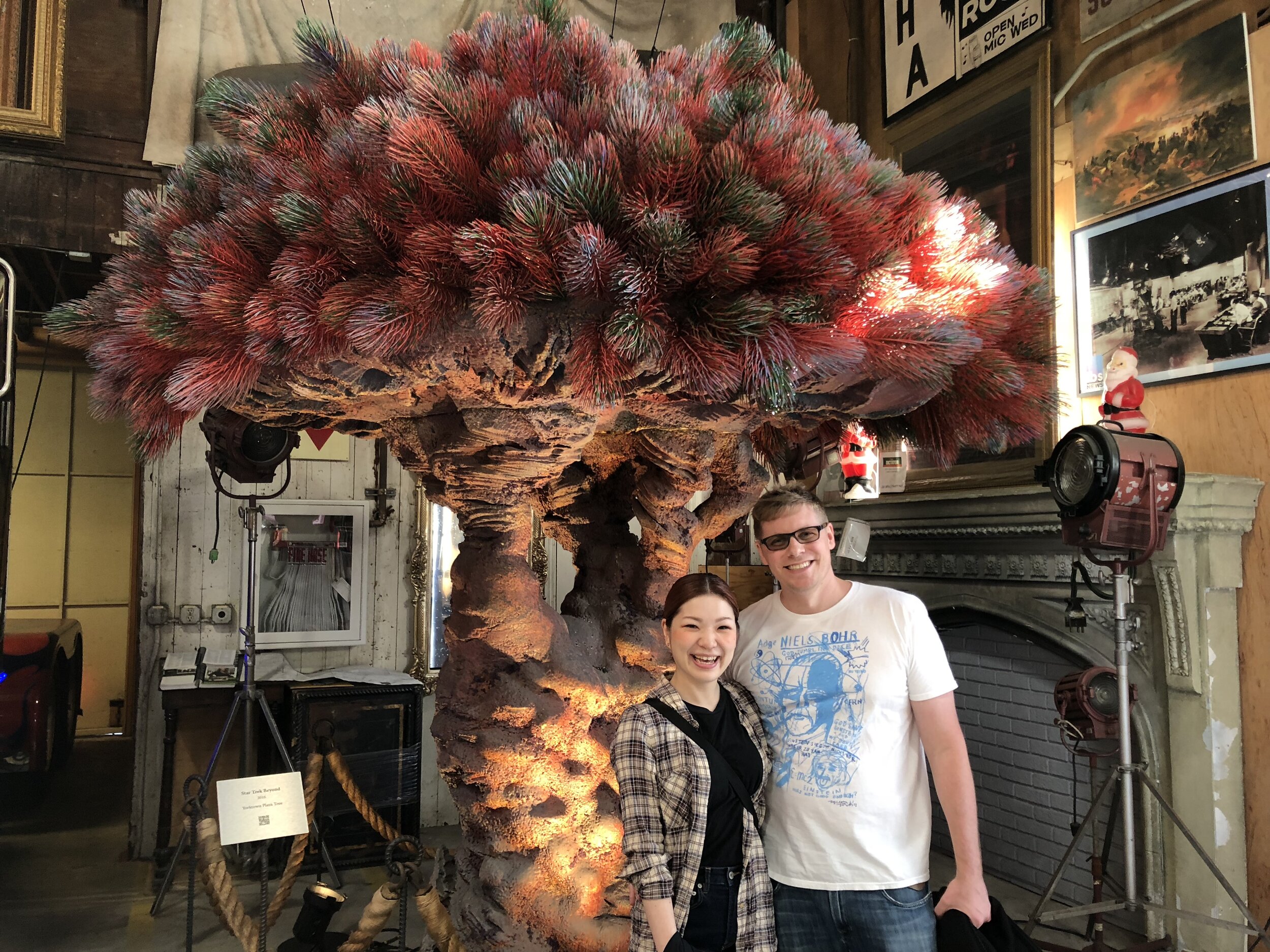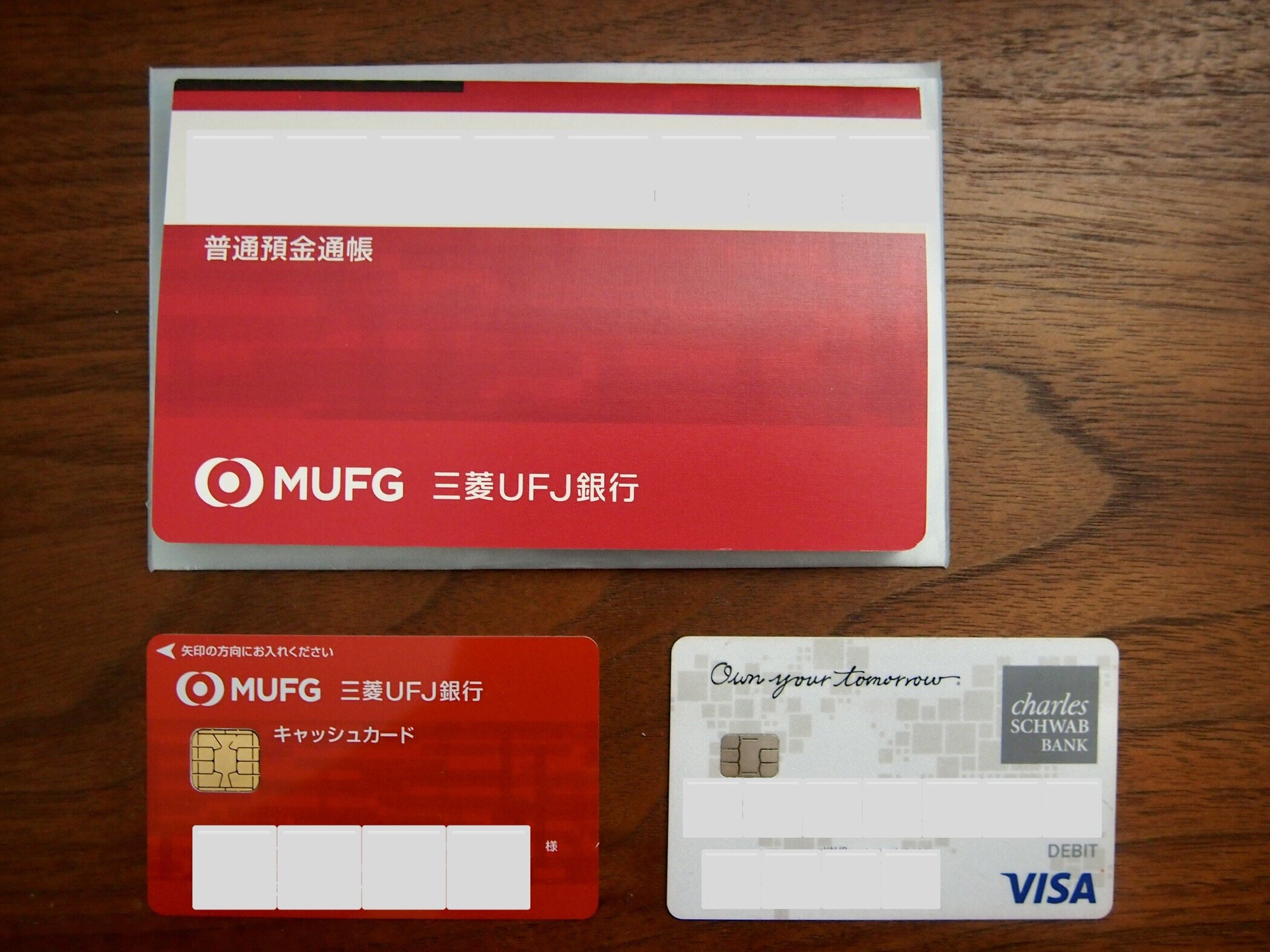Seeing the Doctor in Japan
You may have noticed that the blog has been a bit quiet this past week. That’s because Gregg ended up getting himself injured. I’d like to tell you I got hurt doing something cool, like mountain swimming or sky-biking, but this was a decidedly less tough-and-awesome injury.
I was feeling pretty good last Saturday, having my morning coffee, and getting ready to take on the day. I stood up, bent over to pick my empty coffee cup up off the coffee table, and OH MY A BURNING FIRE IN MY BACK! I immediately had to lie down on the floor because there was a searing pain in the middle of my back, and the only thing that made me feel better was to whine like a little baby all day. That’s right, kids: Jacko was on his Backo.
It hurt so much that I had to go to the doctor on Monday. Seeing a doctor as a gaijin is quite an adventure in Japan. There are, of course, doctors all over the place, and good ones, but the vast majority of them do not speak English well enough to help me with the many, many things that are wrong with my body and mind. That’s why, while my wife can see doctors that are walking-distance from our house, I have to go quite a ways away.
Eriko looked up a back doctor (backiologist) in Kobe, and we took the train down to Maiko (where we had our wedding party!) and then got on a bus toward the mountains, as I winced and complained about how much my back hurt. I’d always heard of people throwing out their backs, and never took it too seriously, but suddenly I felt a lot of kinship with all those fat guys. I vowed to give up sugar forever and lose lots of weight, a promise I have almost kept except for during meals and snack time and when I want something.
You cannot read what this says.
Japan has government-run health care, which makes things pretty simple. When I go to my normal hospital (my body is a framework of gum and toothpicks at this point, so I see a lot of doctors), I use a card like this. I walk up to a machine, sign in for my appointment, go upstairs and wait to see my number on the screen, see the doctor, put my card in the machine again to sign out, wait for the number to appear on screen again, and pay at another machine. I don’t have to talk to too many people, which is good for me because my Japanese is what the French call “Les Incompetents.”
This was a small clinic, and we squared away my payment rather easily. We had to wait for around an hour - it seemed they were a bit backed up. When I finally got in to see the doctor, I saw that his English, while better than my Japanese, was not stupendous. I couldn’t quite tell what he was saying much of the time, and it sure seemed like they were hustling me through as fast as they could because they were behind and it was getting close to lunchtime. I got a speedy X-ray that showed absolutely nothing.
Despite the lack of results from the X-ray, he said he was pretty sure I had a micro fracture in one of my ribs. Let me tell you something: if a baby fracture that doesn’t even show up on an X-ray hurts that much, then a real rib fracture must be a real butt, and Drew Brees is a friggin’ superhero. In addition to prescribing pain meds, he gave me a brace to wear around my boobies. Some might call it a girdle. Eriko called it “Gregg’s tube top.”
I did not enjoy wearing Gregg’s tube top.
After the doctor, it was time to visit the pharmacy. In America, pharmacies are big places where you can get your prescriptions filled, but also buy Cheetos and last-minute Valentine’s Day gifts. In Japan, those are two different stores. The place where you get Cheetos and Breathe Right strips and shampoo is a “Drug store,” while the other kind of pharmacy, the one where you get prescription medicine, is a kusuriya.
Of course there are cute characters on it.
At the kusuriya, you give them your prescription and insurance card, along with a book called an okusuri techo. This little book has stickers in it for every prescription you’ve gotten, so they can make sure they aren’t giving you any medicines that you’ve already been given or that will conflict with those you’re taking (I assume; I have never been told why they do this).
2024 update: Now that we live in Tokyo, I’ve learned something new about Japanese doctors. If your doctor works out of a hospital, like my doctors in Kobe did, they can prescribe two months’ worth of medicine at a time, meaning you only have to visit the doctor every two months to renew your prescription. But if the doctor works out of a clinic, they’re only allowed to prescribe one months’ worth of medicine at a time. This means you have to visit twice as often, which can be inconvenient and more expensive since there’s a copay each time you visit the doctor. If you’re in an area where you can visit a hospital doctor, it’s probably worth it. Okay, back to our story.
I got two kinds of pain medicine: pills to take twice a day, and a patch to wear at night. When you get medicine in Japan, it doesn’t come in a little orange bottle. It comes in plastic packets, like these:
Yes, these are both boner pills.
You pop out a pill when you need to take it, and can easily count how many you have left. I have to take several kinds of medicine every day (as I said, gum and toothpicks), to which I added the rib pain meds, which were veeeeeeeeery strong. I couldn’t really work because it was hard to concentrate on anything for more than a couple minutes. I spent most of the week sleeping on a futon on our floor (Eriko got the whole bed to herself and was not shy about enjoying it) and reading Raymond Chandler books. However, one morning I didn’t take the pain meds, and still my brain was so cloudy I couldn’t think and had to take a nap, so maybe rib fractures just make you dumb, I dunno.
Slowly, I healed, and now I’m 95% better, with just a little bit of lingering pain and a perpetual fear that my brittle bones will shatter once again. Coming from America, where health insurance is more expensive (I pay more than most people for National Insurance in Japan and still pay $100 a month less than I did in America), Japan feels like a major upgrade: I can see whichever doctor I want whenever I want to see them, the copays are affordable, and quite honestly, the doctors here seem to have more time and energy to pay attention to me and my problems than any American doctor I saw ever did. So, in conclusion, if you are against universal health care, you are dumb.
I’m still a bit behind with work because I took a whole week off to rest, so we’ll be spotty with our posts over the next week or two, but rest assured we’ll be back soon with lots of fun and delicious Japanese things!










